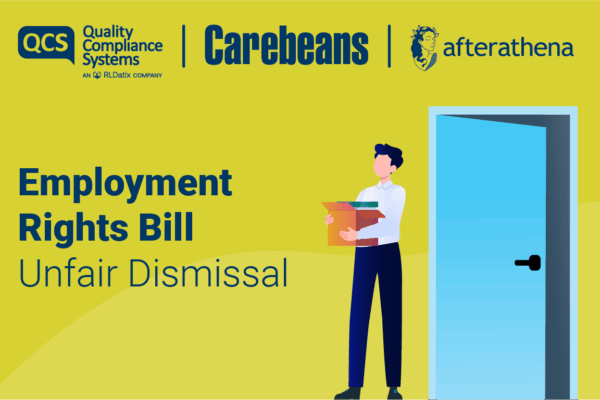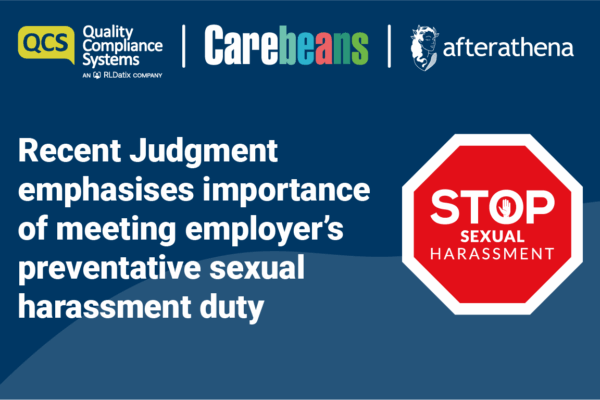For many people with severe learning and physical disability, eating and drinking can be distressing and risky.
If you support people with very profound and complex needs, you may have come across challenges in helping them to eat and drink. It is estimated that one in three people with learning disability has dysphagia. This probably suggests that you are currently working with dysphagia every day.
Dysphagia is a medical term defined as “difficulty swallowing”. It derives from the Greek root dys meaning difficulty or disordered, and phagia meaning “to eat”. Causes range from stroke and other neurological disorders, physical deformities of the mouth and throat, oral health issues and mental health problems.
No avoiding it
Since eating and drinking is such a huge and important part of caring for someone, it’s not easy to remove risk completely. Moreover, oral medication regimes in place for people with profound learning disability require us to introduce solids and liquids into their mouth as part of the duty of care. If we don’t recognize that a person is having difficulty, the consequences can be dire.
Failure to manage dysphagia appropriately can lead to choking, aspiration, pneumonia and death. The risks of accidental harm are significant so it is vital that for everyone with this problem assessment of need is carried out, and a plan for safe management is in place.
Ways to recognise dysphagia in people who have not already been diagnosed include a ‘bubbly’ voice quality, coughing during or after meals, a history of frequent chest infections, failure to maintain a healthy weight or regurgitation of food. If you observe any of these in a person you support, then there is a chance you are missing a problem in swallowing.
Watch people who manage to eat without your direct support too; are they especially slow in eating? Do they need a lot of prompting to finish? Do they sometimes suffer with choking episodes?
Referral for help
Ideally, people who suffer with problems in swallowing should be referred to specialist speech and language therapists who can assess the nature of their problem, and help to produce care plans to support them. There are a number of techniques and treatments available.
You can work together with the SaLT and dietitian to provide texture and consistency of food to suit needs. This need not mean presenting a floppy pureed brown mess! There are different levels of texture that can be achieved and in taking care with taste and presentation, this can remain a pleasurable experience for the service user. There are also products to thicken liquids, which will make then easier to swallow and therefore safer.
Our technique in assisting eating and drinking can be improved; we need to consider posture and positioning for safe swallowing, using different spoons and cups to introduce food and fluid. Staff will benefit from learning about the mechanism of swallowing and the physiology of the mouth and throat.
There are medicines that can help the swallowing process or reduce the production of excess saliva. There are surgical interventions which can help improve the act of swallowing, or if the issue is too severe to allow oral feeding to continue, the use of Percutaneous Endoscopic Gastrostomy (PEG) feeding can be considered.
There is a guideline for the identification and management of swallowing difficulties in people with learning disabilities, available HERE.
If you are at all concerned or unsure, it’s wise to arrange an appointment with your GP to get the referral process rolling.
Ginny Tyler – QCS Expert Learning Disabilities Contributor






